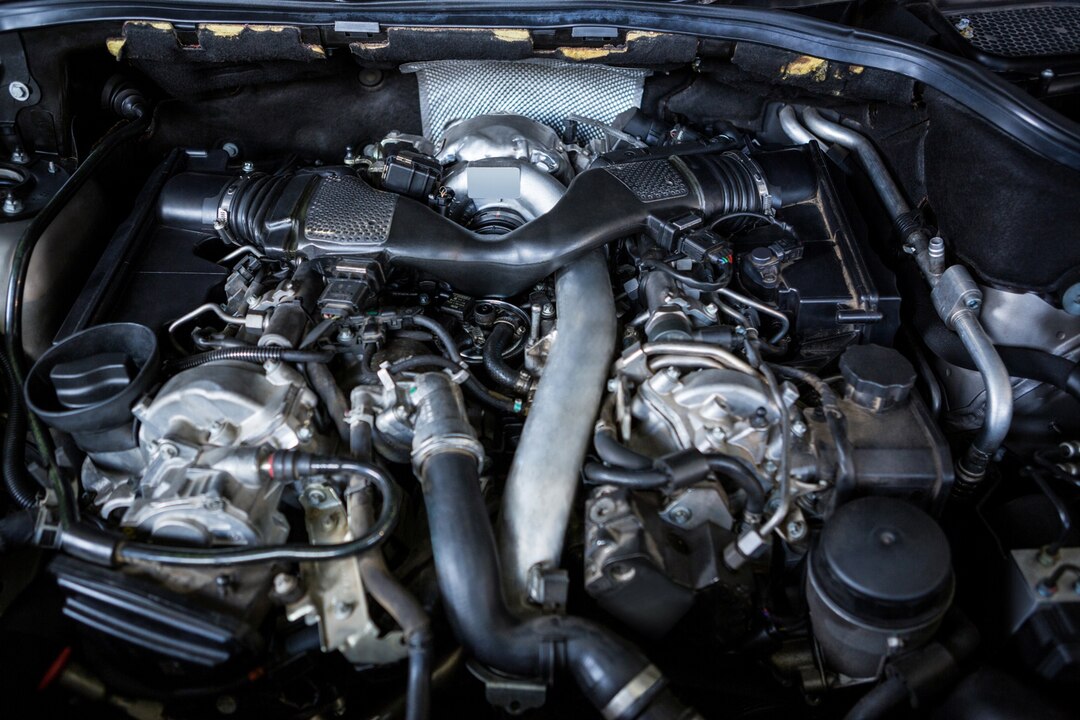Water pumps play a vital role in the cooling system of your car, ensuring that coolant circulates efficiently to regulate engine temperature. Understanding the various types of water pumps available can help you make informed decisions when it comes to maintenance or replacement. Here’s a breakdown of the different types of car water pumps you should know about:
Mechanical Water Pump:
- Traditional mechanical water pumps are driven directly by the engine via a belt or a pulley system.
- These pumps feature a simple design with impeller blades that spin to circulate coolant through the engine block, radiator, and heater core.
- Mechanical water pumps are commonly found in older vehicles and many modern engines as well.
Electric Water Pump:
- Electric water pumps are becoming increasingly popular in modern vehicles due to their efficiency and controllability.
- Unlike mechanical pumps, electric water pumps are powered by an electric motor, allowing for independent control of coolant flow.
- Electric water pumps can vary in design, including inline pumps mounted externally or integrated into the engine block.
Auxiliary Water Pump:
- Auxiliary water pumps, also known as secondary water pumps, are additional pumps used to assist the primary cooling system.
- These pumps are often found in vehicles equipped with turbochargers or hybrid drivetrains, where additional cooling is required for components such as intercoolers or battery packs.
- Auxiliary water pumps may operate independently or in conjunction with the primary water pump.
Hydraulic Water Pump:
- Hydraulic water pumps are a less common type of water pump that utilizes hydraulic pressure to circulate coolant.
- These pumps are typically found in hydraulic hybrid vehicles, where hydraulic fluid is used to store and release energy.
- Hydraulic water pumps offer advantages such as energy recovery during braking and the ability to power auxiliary systems.
Variable Flow Water Pump:
- Variable flow water pumps feature adjustable flow rates to optimize cooling performance based on engine demand.
- These pumps may utilize electronic controls or mechanical mechanisms to adjust coolant flow according to engine speed, temperature, and load.
- Variable flow water pumps contribute to improved fuel efficiency and reduced emissions by minimizing parasitic losses.
Thermostatic Water Pump:
- Thermostatic water pumps incorporate a built-in thermostat to regulate coolant flow based on engine temperature.
- These pumps automatically adjust flow rates to maintain optimal operating temperatures, improving engine efficiency and performance.
- Thermostatic water pumps are commonly used in high-performance applications and vehicles with advanced cooling systems.
Understanding the different types of car water pumps can help you diagnose cooling system issues and choose the right replacement pump for your vehicle. Regular maintenance, including coolant flushes and inspections, is essential to ensure the longevity and reliability of your car’s cooling system. If you suspect a problem with your water pump or cooling system, consult a qualified mechanic for diagnosis and repairs.











